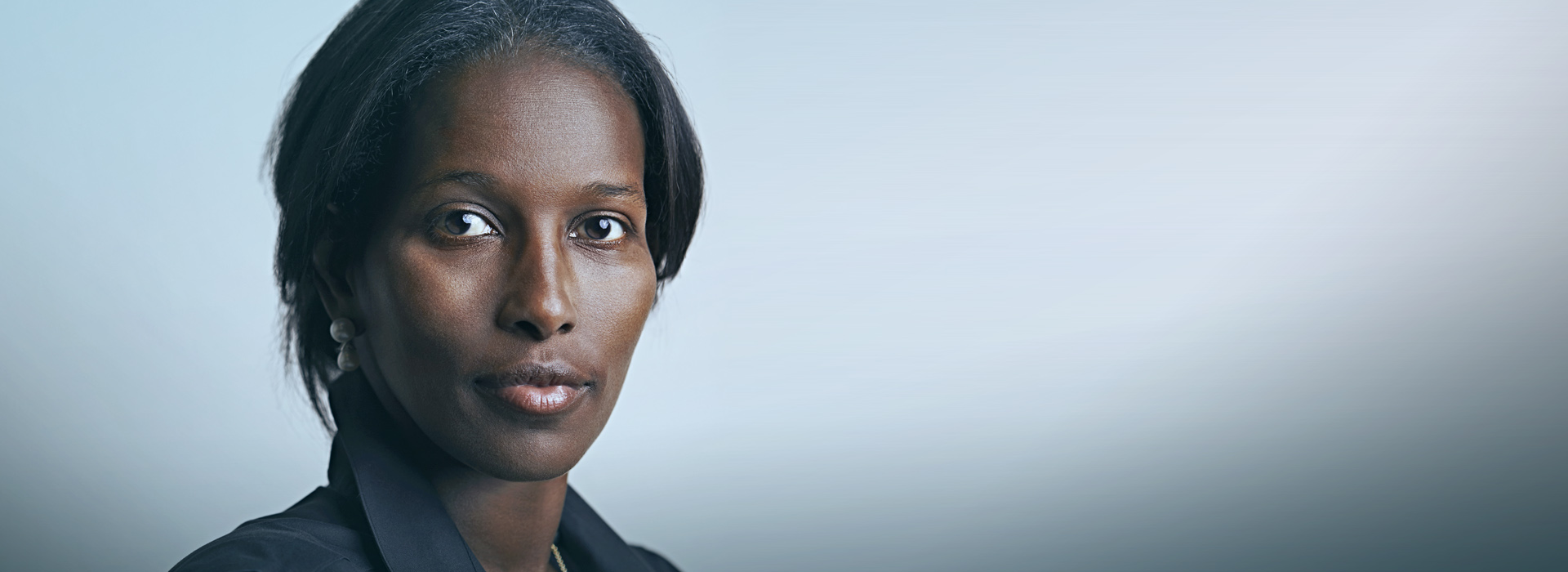“I saw tribalism rip a country apart — and now it’s happening in America”: Ayaan Hirsi Ali for the New York Post

About a decade ago, when I worked for the American Enterprise Institute, I had to force myself to go to lunch with a friend. I dreaded the meeting because I knew that she was going to try to convince me to leave my job. AEI is a pro-business, conservative-leaning think tank in Washington, DC. My friend was an enthusiastic liberal.
After I had run out of excuses, the day arrived and, predictably, after a few minutes of the usual small talk, my friend launched into a tirade about the Iraq War, which several of my colleagues strongly supported.
“You don’t belong there, Ayaan,” she said.
I remember trying to steer the conversation on to actual policies. I had voted for supporting the American coalition in Iraq when I was a Member of Parliament in the Netherlands — and I started to explain why.
But she wasn’t interested in a rational discussion. She interrupted me mid-sentence, launching into a monologue about John Bolton, the former ambassador to the United Nations and a fellow at AEI (and subsequently national security adviser to President Donald Trump). Bolton, my friend insisted, was a loathsome, hateful, racist, neo-conservative warmonger. The list went on and on until eventually she said that he looked like a walrus with a mustache. You could tell by his physiognomy, she explained, that he was a psychopath.
“But what about the policies?” I responded, trying to redirect the conversation away from personalities. The more she spoke, the more I recognized her broad disposition as something I had experienced earlier in my life. Her attitude was almost entirely tribal. Two things in particular stood out: an almost blind hatred of a particular group (Republicans), and secondly, the use of deeply personal attacks on individual researchers to justify that hatred.
Read more here.

